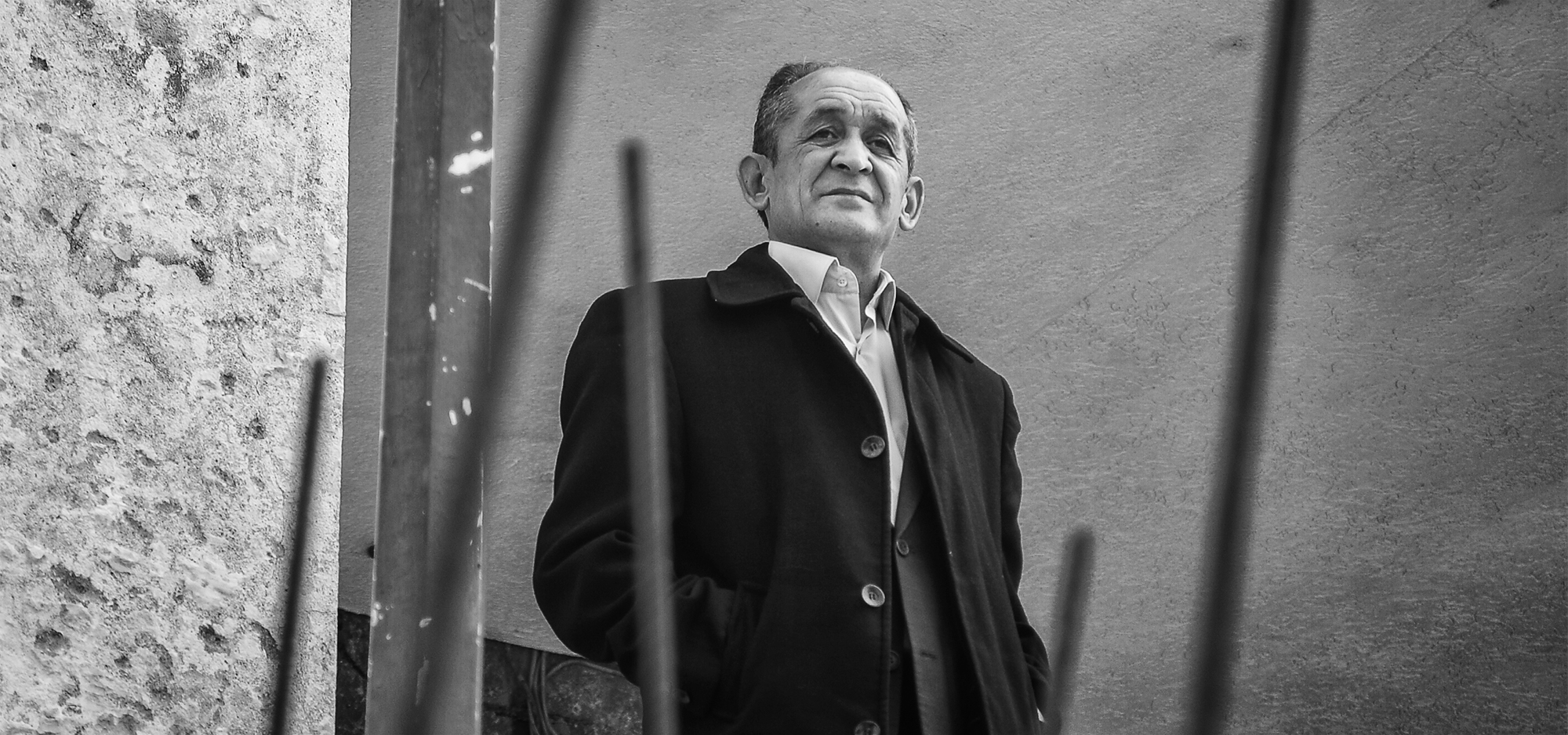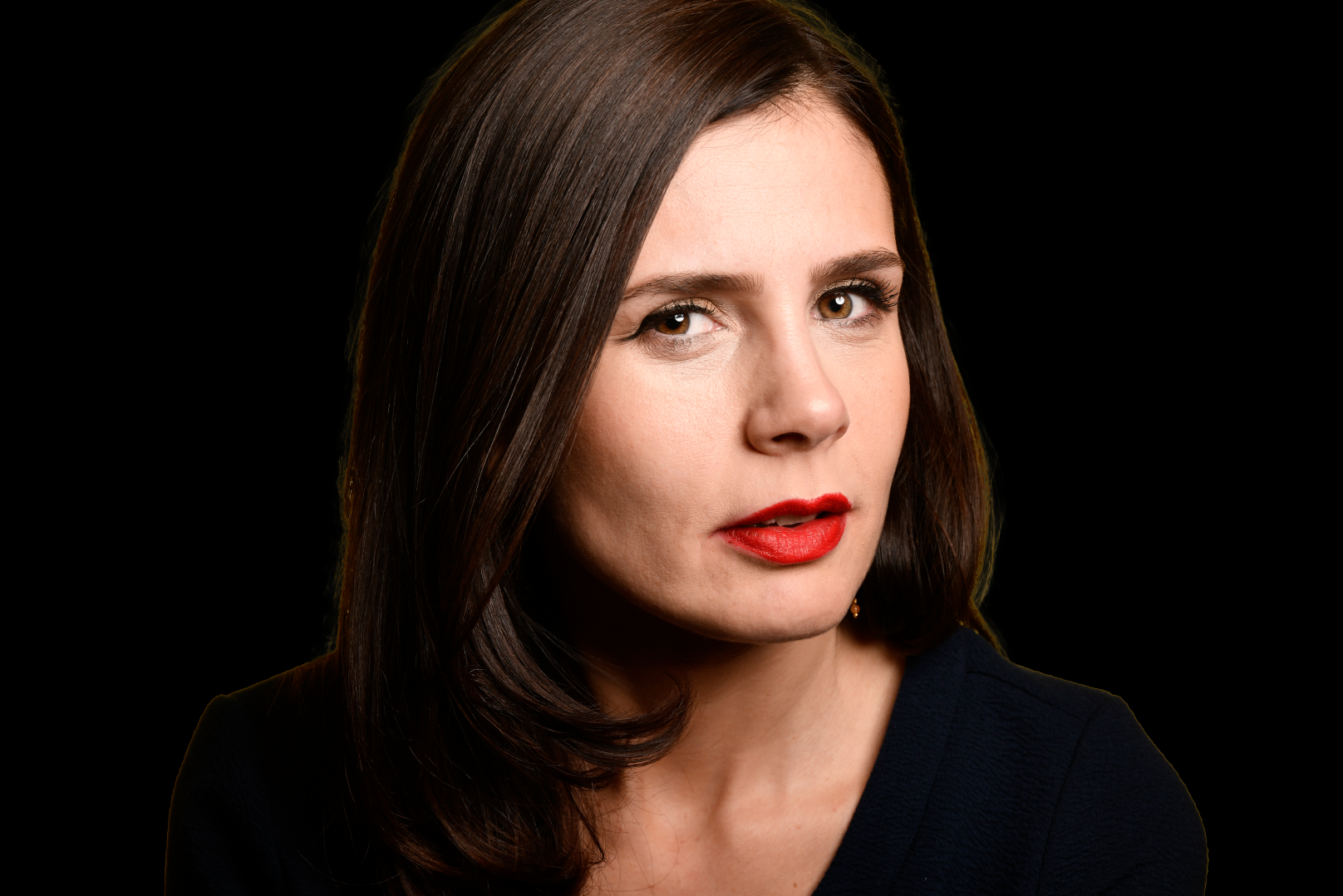
The ongoing quest for liberty
Kujtim Paçaku’s lifetime spent fighting for Roma rights.
“When you are a child, what others tell you affects you a lot. My parents would always tell me ‘you will be facing this or that; you might step on a nail, but you have to know who you are and move forward.’”
Kujtim Paçaku“Segregation and discrimination starts when you enter school. If there are five classes, you will see the children of doctors in the first class and the least successful teacher will take the children from [minority ethnic] communities.”
Kujtim Paçaku“They [Roma] know what it means not to have. They made their contributions, like tying off wounds, or telling the opponent’s army that, ‘they didn’t go this way but that way.’”

Dafina Halili
Dafina Halili is a senior journalist at K2.0, covering mainly human rights and social justice issues. Dafina has a master’s degree in diversity and the media from the University of Westminster in London, U.K..
This story was originally written in English.